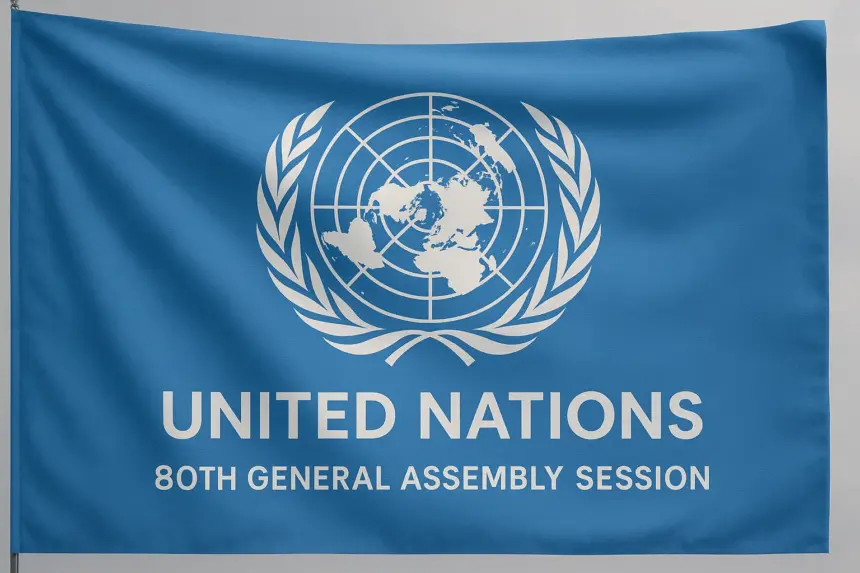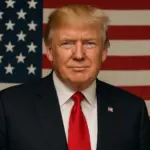New York, September 21, 2025 — The 80th session of the United Nations General Assembly (UNGA) opened this week in New York, dominated by urgent debates on global security crises, including the ongoing conflicts in Gaza and Ukraine, and rising tensions over Iran’s nuclear ambitions.
Gaza Conflict in the Spotlight
The devastating situation in Gaza was at the center of early speeches. Several leaders condemned continued violence and humanitarian suffering in the region. Calls intensified for a sustainable ceasefire, as well as a renewed push for the two-state solution, following the landmark recognitions of Palestinian statehood by the UK, Canada, and Australia earlier today.
Arab League representatives urged the international community to hold Israel accountable for alleged violations of international law, while Western leaders stressed the importance of security guarantees for Israel alongside Palestinian rights.
Ukraine War Continues to Divide
The war in Ukraine also featured prominently. Ukrainian President Volodymyr Zelensky addressed the Assembly, appealing for stronger commitments from Western allies. He warned that Russia’s offensive in eastern Ukraine has intensified, and without continued international support, “democracy itself will be under attack.”
Russia, in turn, accused NATO of escalating the conflict through arms supplies, insisting it is defending its national security interests. Diplomatic corridors are bracing for tense bilateral meetings between European powers, the U.S., and Russia.
Iran Nuclear Concerns
Another pressing issue was Iran’s expanding nuclear program. Reports suggest Tehran is edging closer to weapons-grade enrichment, heightening fears of a new arms race in the Middle East. U.S. and European leaders urged Iran to return to compliance with international nuclear agreements, while Iran insisted its program remains peaceful.
Rising Polarisation at the UN
The Assembly also underscored growing divisions in global governance. While developing nations pressed for climate finance and debt relief, major powers focused largely on security and defense. Secretary-General António Guterres warned in his opening remarks:
“The world stands at a dangerous crossroads. Conflicts are spreading, trust in global institutions is eroding, and cooperation is breaking down when humanity needs it most.”
What to Expect Next
Over 140 heads of state and government are expected to speak over the coming week. Key moments will include speeches from U.S. President Donald Trump, Chinese President Xi Jinping, and leaders from the EU bloc. Analysts believe whether the Assembly can achieve consensus — particularly on Gaza and Ukraine — will shape the future of global diplomacy for years to come.






